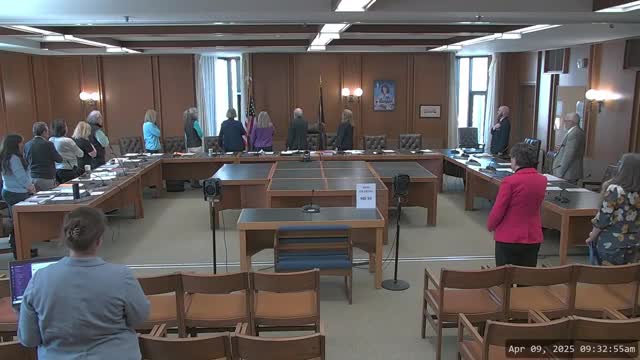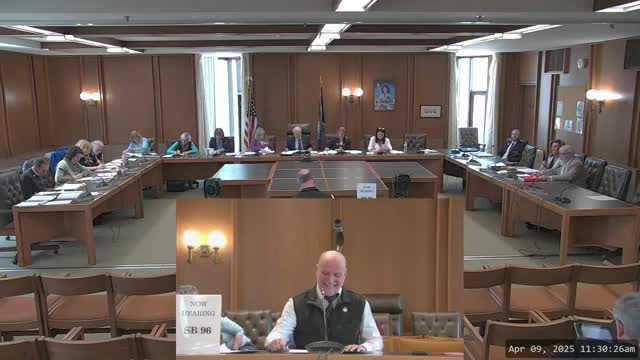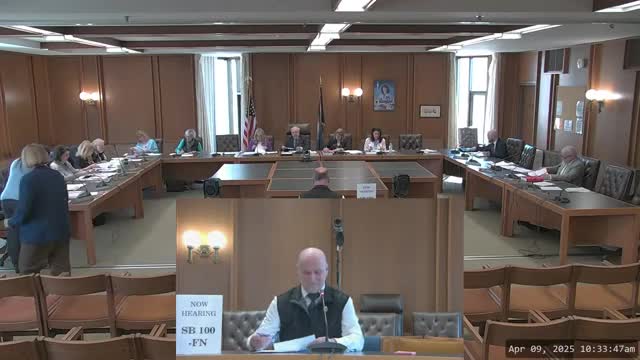Article not found
This article is no longer available. But don't worry—we've gathered other articles that discuss the same topic.

House Committee Hears Push to Tie Parental Consent to Medicaid-to-Schools Care plans

Contentious Hearing on SB 96: Bill Would Require Schools to Answer Parents 'Completely and Honestly'; Critics Say It Threatens Student Privacy

